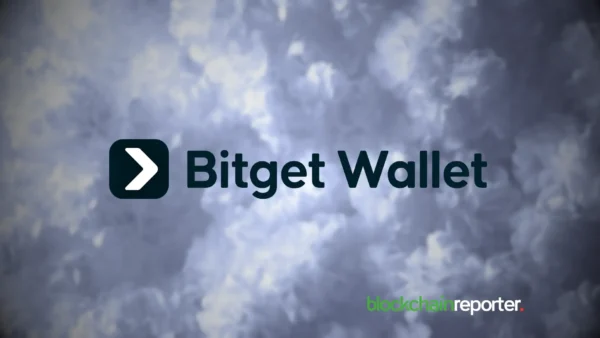
A significant security breach has struck the stablecoin bank 0xinfini, resulting in the theft of $49.5 million in USDC. The attacker swiftly swapped the stolen USDC for DAI and strategically converted the funds into 17,696 ETH, which was then transferred to a newly created wallet, identified as “0xfcc8…6e49.” The incident has sent shockwaves through the crypto community, highlighting ongoing security vulnerabilities within the decentralized finance (DeFi) ecosystem.
The attack began when 49.5 million USDC was drained from 0xinfini. The hacker immediately swapped the USDC for an equivalent amount of DAI, taking advantage of the stablecoin’s liquidity. This move mitigated the risk of slippage while avoiding price fluctuations associated with more volatile cryptocurrencies.
The 49.5 million DAI was then used to purchase 17,696 ETH at approximately $2,798 per ETH. This strategic conversion was executed within an hour, showcasing the precision and planning behind the heist. The purchased ETH was subsequently moved to a newly created wallet, “0xfcc8…6e49,” which now serves as a key piece of evidence in tracking the attacker’s movements.
Blockchain data from the provided images reveals a series of high-value transactions linked to the hacker’s wallet. Notably, a massive outgoing transfer of 9,696.0535 ETH, valued at $26.2 million, was recorded. This was accompanied by another significant withdrawal of 8,000 ETH, worth $21.6 million, underscoring the scale of the heist.
DeFi Shock: Security, Impact, Community Response
The second chart showcases the hacker’s interaction with Uniswap V4, a decentralized exchange known for its deep liquidity pools. Here, the attacker strategically executed multiple swaps, including a trade of 516,662.977 DAI for 184.256 ETH, valued at $503,020. These transactions highlight the hacker’s sophisticated approach, leveraging Uniswap’s liquidity to convert large sums without causing significant price impact.
This strategic utilization of decentralized exchanges reflects a growing trend among hackers, who are increasingly exploiting DeFi protocols for rapid and anonymous fund movement. The trades were executed in quick succession, demonstrating advanced knowledge of market dynamics and liquidity management.
This attack on 0xinfini underscores persistent security challenges within the DeFi ecosystem. As decentralized protocols become more complex and interconnected, they also present new vulnerabilities. This incident is a stark reminder of the importance of robust security measures, including smart contract audits and real-time monitoring systems.
The incident also raises questions about the security of stablecoins and their susceptibility to large-scale thefts. Given the increasing reliance on stablecoins for liquidity and trading pairs within DeFi, such attacks could have far-reaching implications for market stability.
The crypto community has reacted swiftly, with security firms and blockchain analysts actively tracking the hacker’s wallet. Calls for enhanced on-chain analytics and improved collaboration between DeFi projects are growing louder. Experts are emphasizing the need for a multi-layered security approach, incorporating both on-chain and off-chain monitoring systems.
Meanwhile, users of 0xinfini are anxiously awaiting updates as the platform investigates the breach. The incident has eroded trust within the community, highlighting the reputational risks associated with security lapses in the DeFi space.
The $49.5 million heist from 0xinfini is a stark reminder of the evolving threats within the decentralized finance sector. As hackers become more sophisticated, the industry must prioritize security innovations to safeguard user funds and maintain trust. The incident is likely to spark renewed discussions on regulatory measures, cybersecurity protocols, and the future of decentralized finance.








